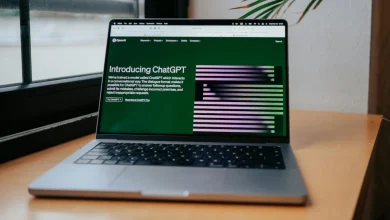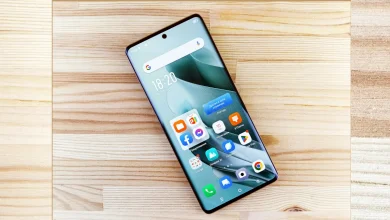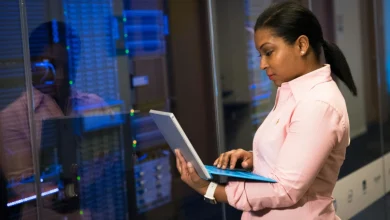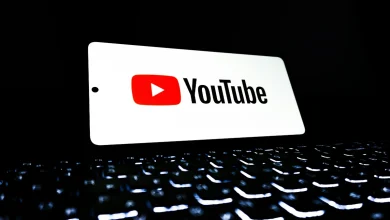Essential Cybersecurity Habits Every Digital Creator Should Follow
Practical cybersecurity habits every digital creator needs in 2025
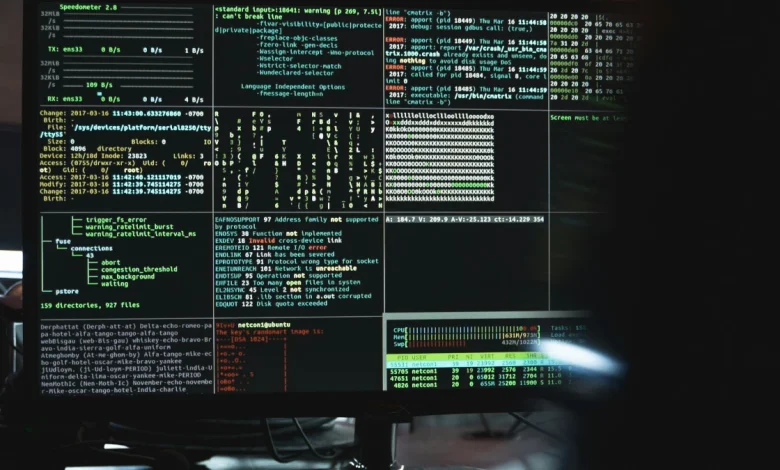
Introduction
The digital world has opened endless opportunities for creators, from YouTubers and bloggers to freelancers and influencers. While the internet helps build global brands, it also exposes creators to serious security threats. Hacks, scams, phishing emails, and data breaches are no longer rare. Every click, upload, and login can either protect or endanger your online identity.
This article explores essential cybersecurity habits every digital creator should follow to stay safe, protect content, and maintain audience trust. It’s not about being paranoid; it’s about being prepared.
Use Strong Unique Passwords for Every Account
Passwords are the first defense line in your online life. Many creators still use weak or repeated passwords across platforms. Create unique passwords for every account using at least twelve characters with a mix of uppercase, lowercase, numbers, and symbols. Avoid using personal details like birthdays or pet names.
Use a password manager such as Bitwarden or 1Password to store and generate secure passwords. This ensures that if one account is compromised, the rest remain safe.
Enable Two-Factor Authentication
Even the strongest password can be stolen. Two-factor authentication adds another layer of security. It requires a second step, usually a code sent to your phone or authentication app. Turn on 2FA on every major platform, including Google, Facebook, Instagram, and your email. Authenticator apps like Google Authenticator or Authy are safer than SMS codes. This single step can stop most unauthorized access attempts.
Keep Devices and Software Updated
Outdated systems are the easiest entry point for hackers. Software updates fix bugs and security weaknesses that attackers use. Enable automatic updates on your computer and phone. Regularly update plugins, themes, and apps you use. Delete unused extensions or tools that might carry risks.
If you run a WordPress site, update your CMS, themes, and plugins immediately when new versions are released.
Also Read: Apple iPhone iOS 26 Review: What’s New in the Update
Be Cautious with Public Wi-Fi
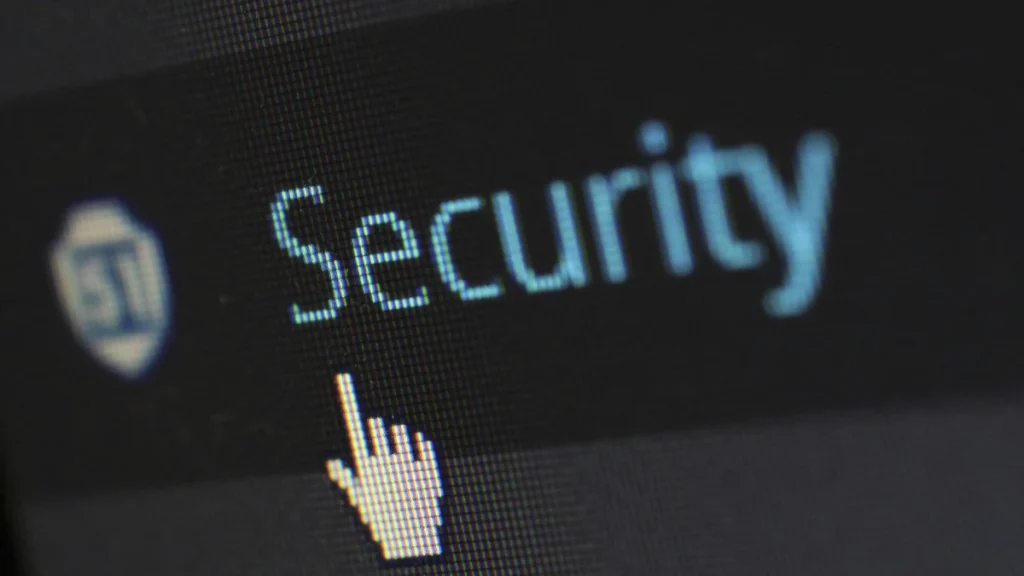
Free Wi-Fi at coffee shops or airports may seem convenient, but it’s often unsafe. Public networks are usually unencrypted, allowing hackers to intercept data easily. Avoid logging into important accounts while using public Wi-Fi. If you must connect, use a VPN such as NordVPN or ProtonVPN to encrypt your traffic. Convenience should never replace security.
Watch Out for Phishing Scams
Phishing is one of the most common ways hackers steal information. They send fake emails or messages pretending to be from trusted companies. Warning signs include unexpected attachments, urgent requests for personal data, or slightly misspelled email addresses. Always verify before clicking links. If something feels suspicious, avoid it.
Backup Your Content Regularly
Losing months of work because of ransomware or corrupted files can be devastating. Backups are your best defense. Use cloud storage services such as Google Drive, Dropbox, or OneDrive, or use an external hard drive. Many creators automate backups using tools like Backblaze or iDrive. A backup is your insurance for when things go wrong.
Protect Your Personal Information Online
Digital creators often share personal details, but oversharing can invite trouble. Avoid revealing your home address, phone number, or bank details online. Use a business email for communication with followers or clients. Keep your personal and business accounts separate to reduce risks.
Secure Your Social Media Accounts
Also Read: Everything You Need to Know About Ray-Ban Meta AI Glasses
Your social media accounts represent your digital identity. Losing one can damage your brand. Turn on login alerts and 2FA, review authorized apps regularly, and revoke unnecessary access. Avoid using third-party tools from unknown developers. Always log out after using public or shared computers. If your account gets hacked, act quickly, report it, recover access, and inform your audience.
Use Reliable Security Tools
Cybersecurity doesn’t have to be complicated. Use trusted tools to make it simple. Antivirus programs like Bitdefender or Malwarebytes can protect your devices. VPNs like NordVPN keep your connection private. Password managers like Bitwarden simplify secure logins. Backup tools like Google Drive or Backblaze keep your data safe. Investing in protection is cheaper than recovering from an attack.
Understand the Value of Privacy
Privacy isn’t about hiding but about control. Each time you register for a service, check what information it collects. Adjust privacy settings on social media to limit what others see. Disable unnecessary tracking in browsers and mobile apps. Your audience deserves content, not your personal data.
Educate Yourself and Your Team
Cybersecurity is not a one-time setup. Threats evolve daily, so staying informed is crucial. Follow reliable tech blogs, cybersecurity podcasts, or YouTube experts. If you work with assistants or editors, train them on safe practices. One careless click from a team member can endanger everything you’ve built.
Monitor Your Online Presence
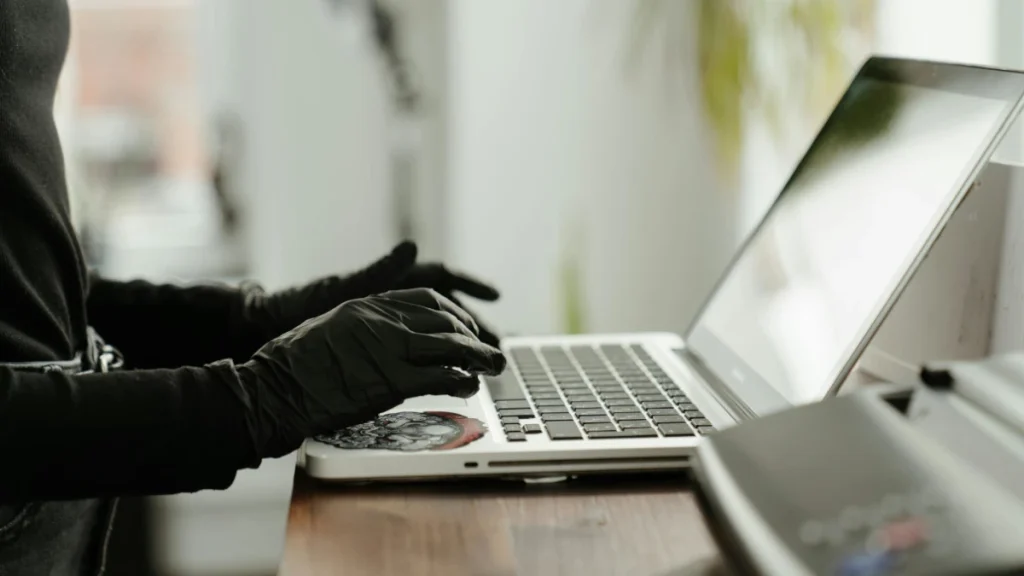
Search your name or brand occasionally to see what appears online. Set Google Alerts for your name or brand to detect fake accounts, stolen content, or impersonation. Staying aware of your online footprint helps you act fast before small issues grow.
Protect Your Website
If you manage a website, keep it secure from day one. Install an SSL certificate to enable HTTPS. Use strong admin credentials and limit login attempts. Install security plugins such as Wordfence or Sucuri. Back up your website regularly. A hacked site not only damages reputation but may also lead to Google penalties.
The Creator’s Responsibility
Digital creators are more than just content producers; they are brands that people trust. Protecting digital assets is part of maintaining credibility. Every security habit you practice now protects your creative future. Cybersecurity is like hygiene; you don’t see it, but you depend on it daily.
Final Thoughts
Cybersecurity may seem complex, but it begins with small, consistent habits. Each action, from setting strong passwords to using backups, strengthens your defense. Digital creators rely on the internet to thrive. Protecting that space ensures creativity continues safely. In 2025 and beyond, security is not optional; it’s part of the creative process.
Also Read: Top 10 Xbox Game Pass Games You Should Try in 2025
Frequently Asked Questions
It protects personal data, content, and audience trust. Without proper security, one attack can destroy years of effort.
Use strong passwords, enable two-factor authentication, and avoid public Wi-Fi for important work.
Weekly backups are ideal. Automating them prevents forgetting.
Yes, but it’s rare. Combine 2FA with unique passwords and caution against phishing links.





